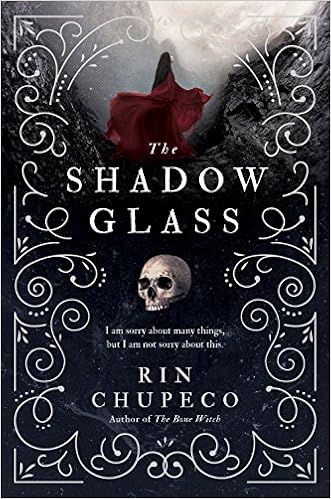A Review of Ted Chiang’s Exhalation (Alfred A. Knopf, 2019).
By Leslie J. Fernandez
Despite collecting pieces that span over 12 years, Exhalation has a number of through lines and common themes that crop up throughout the collection. I had the pleasure of attending a talk by Chiang recently when he visited UCR. He read aloud from The Merchant and the Alchemist Gate but preceded that with a scholarly talk on what he argued was the first time-travel narrative (A Christmas Carol), and an extended explanation of what plausible time-travel might look like. It was not what you might expect from a visiting author, but it was unsurprising coming from Chiang. Many of the questions that he raised in his own talk and that were raised during the Q&A centered around the question of free will and determinism and his collections follow suit. The Merchant and the Alchemist Gate features a closed-loop form of time travel told Arabian Nights style as a tale-within-a-tale-within-a-tale. What Expected of Us—clocking in as the shortest piece in the collection at four pages—considers what might occur if a device was created that proves a lack of free will to its users. Spoiler alert: A lot of people lose their minds. One of the new stories written for the collection, Anxiety is the Dizziness of Freedom, wrestles with the repercussions of a world where a device called a PRISM allows users to create divergent timelines at the moment of activation, and then communicate with their “paraselves,” taking us to the extreme end of free will where an awareness that there exists infinite multiple worlds begins to trivialize one’s choice in merely one world.
Chiang’s work often feels like classical science fiction in its attention to the specificities of the science involved—the title story, Exhalation, features a world of mechanical people with intricately and minutely mapped out physiologies—but this never comes at the expense of equally meticulous attention to the repercussions that affect the characters. Chiang’s genius comes from juxtaposing the most existential questions of our existence alongside the speculatively quotidian. Questions of memory, human relationships, and parenting are also prominent themes throughout the work. The novella-length The Lifecycle of Software Objects takes Alan Turing’s proposal of a child machine seriously, and questions whether it is possible to create a subjectivity without attending to the painstaking process of forming and nurturing it. Both Dacey’s Patent Automatic Nanny and The Truth of Fact, The Truth of Feeling, wrestle with the questions of parental influence alongside questions of the influence of technology. Chiang’s work often makes accessible esoteric philosophical questions while elevating our everyday life and relationships into something much more important than the merely quotidian. What I find myself most appreciating about this collection, and Chiang’s work in general, is the element of hope that suffuses it. Rarely do we get stories that end on nihilistic or pessimistic takes on the state of our technological futurity. This is not to say that these stories aren’t realistic. They are not naively hopeful. Rather, they generally contain an openness to possibilities and an acceptance of the ambivalent nature of our existence. Chiang rarely has any concrete answers about life’s big questions, but he does offer a hell of a good story.
Buy the Book Here!
Review Author: Leslie J. Fernandez
If you have any questions or want us to consider your book for review, please don’t hesitate to contact us via email!
Prof. Stephen Hong Sohn at ssohnucr@gmail.com
Leslie J. Fernandez, PhD Student in English, at lfern010@ucr.edu



